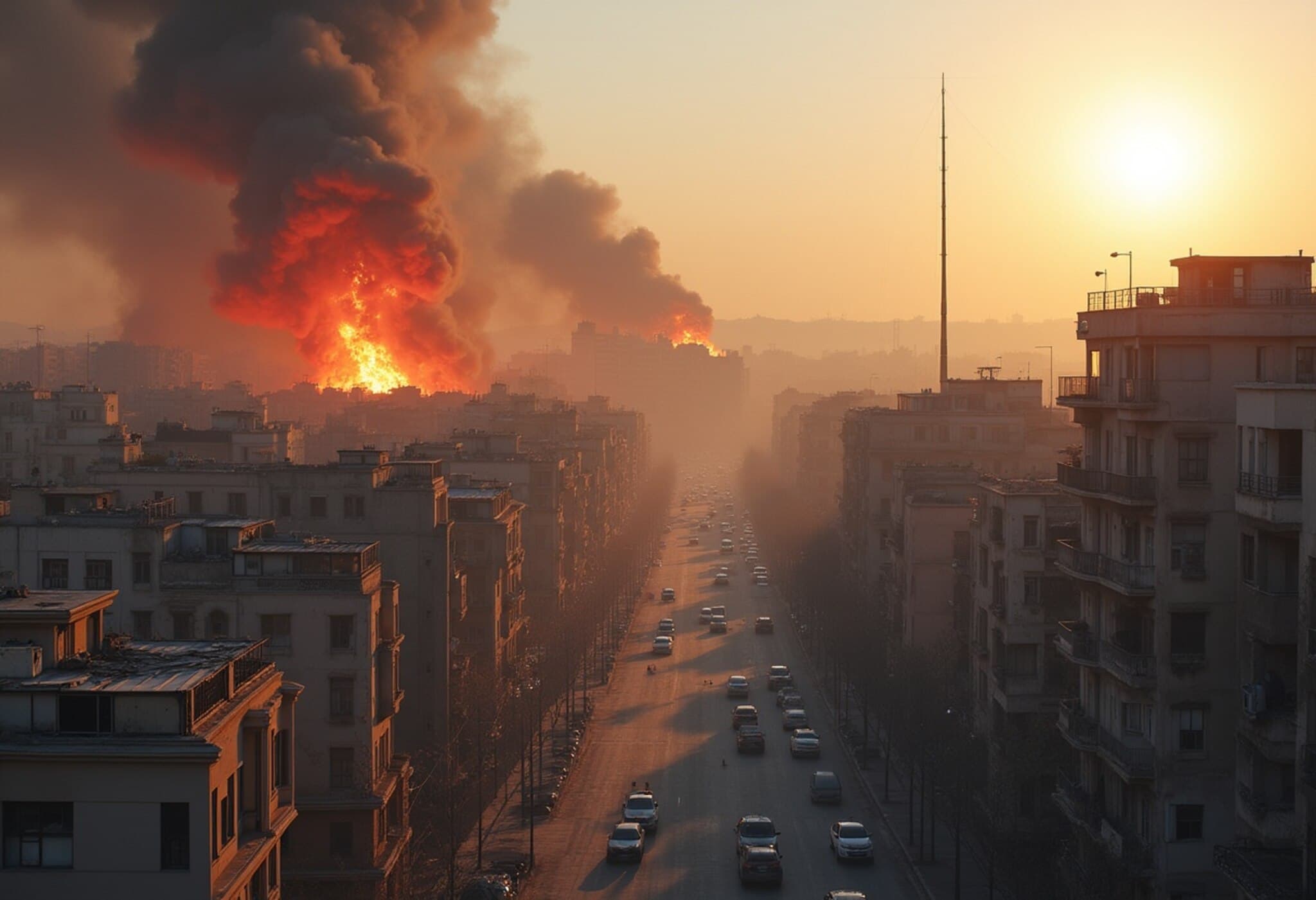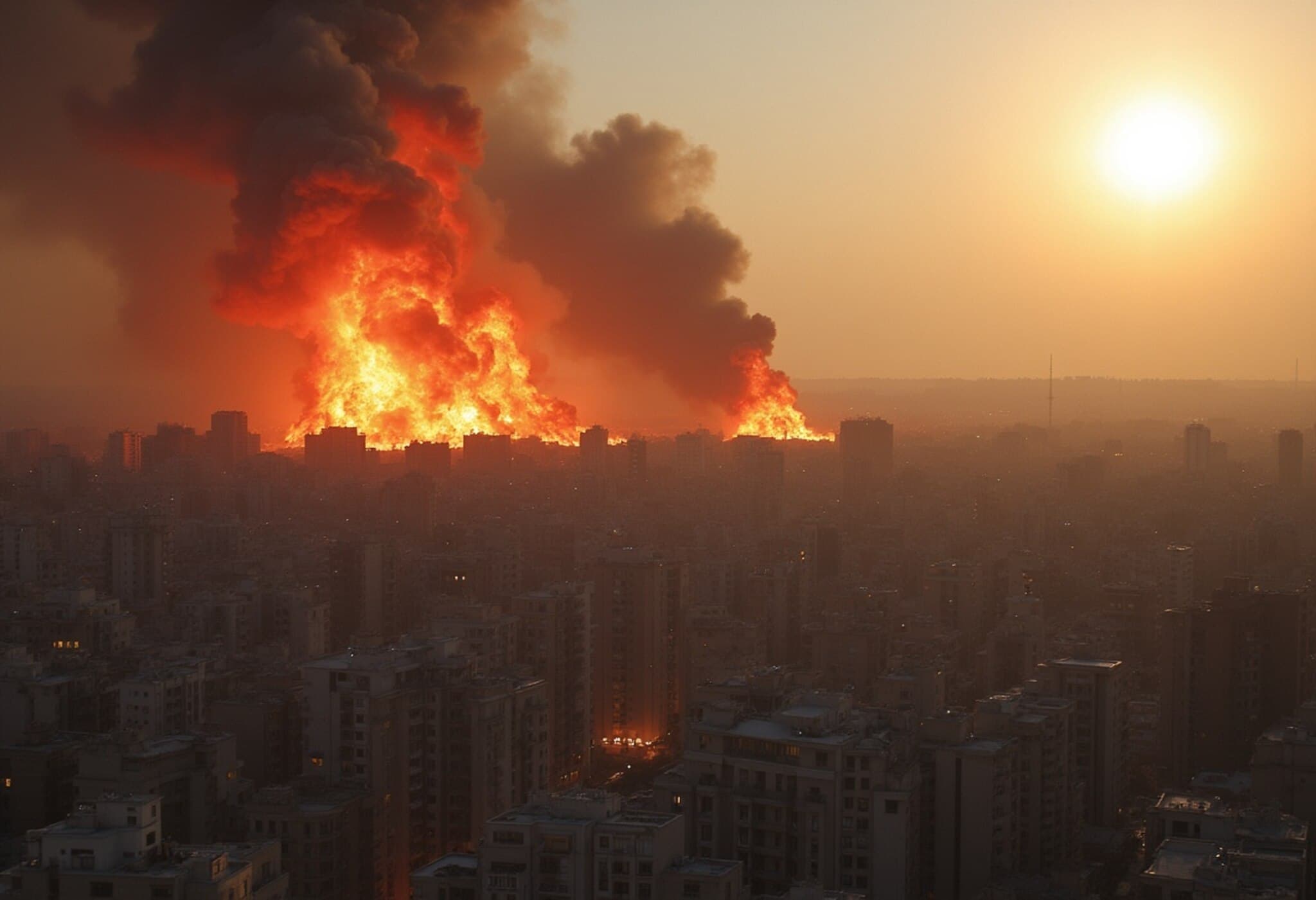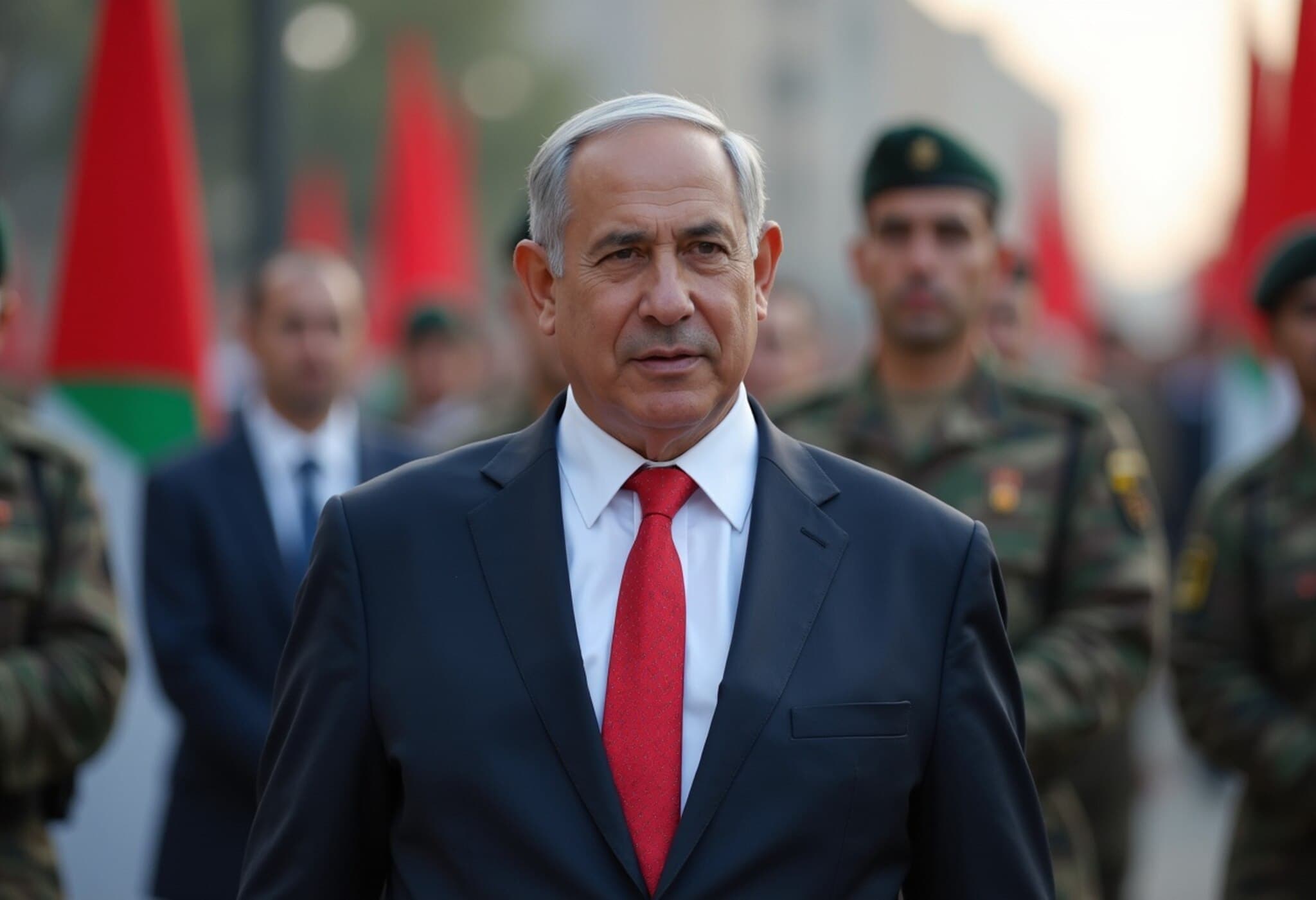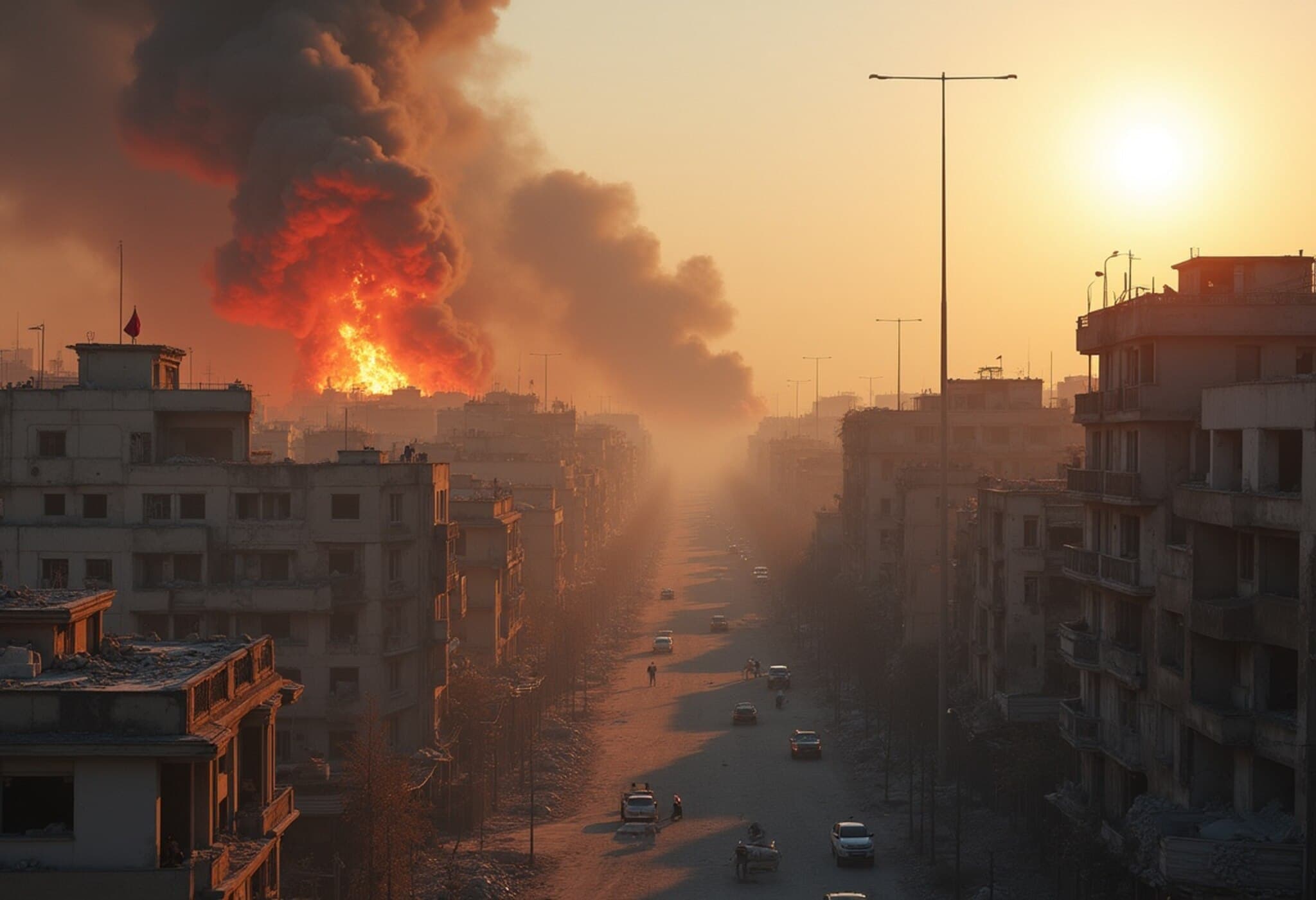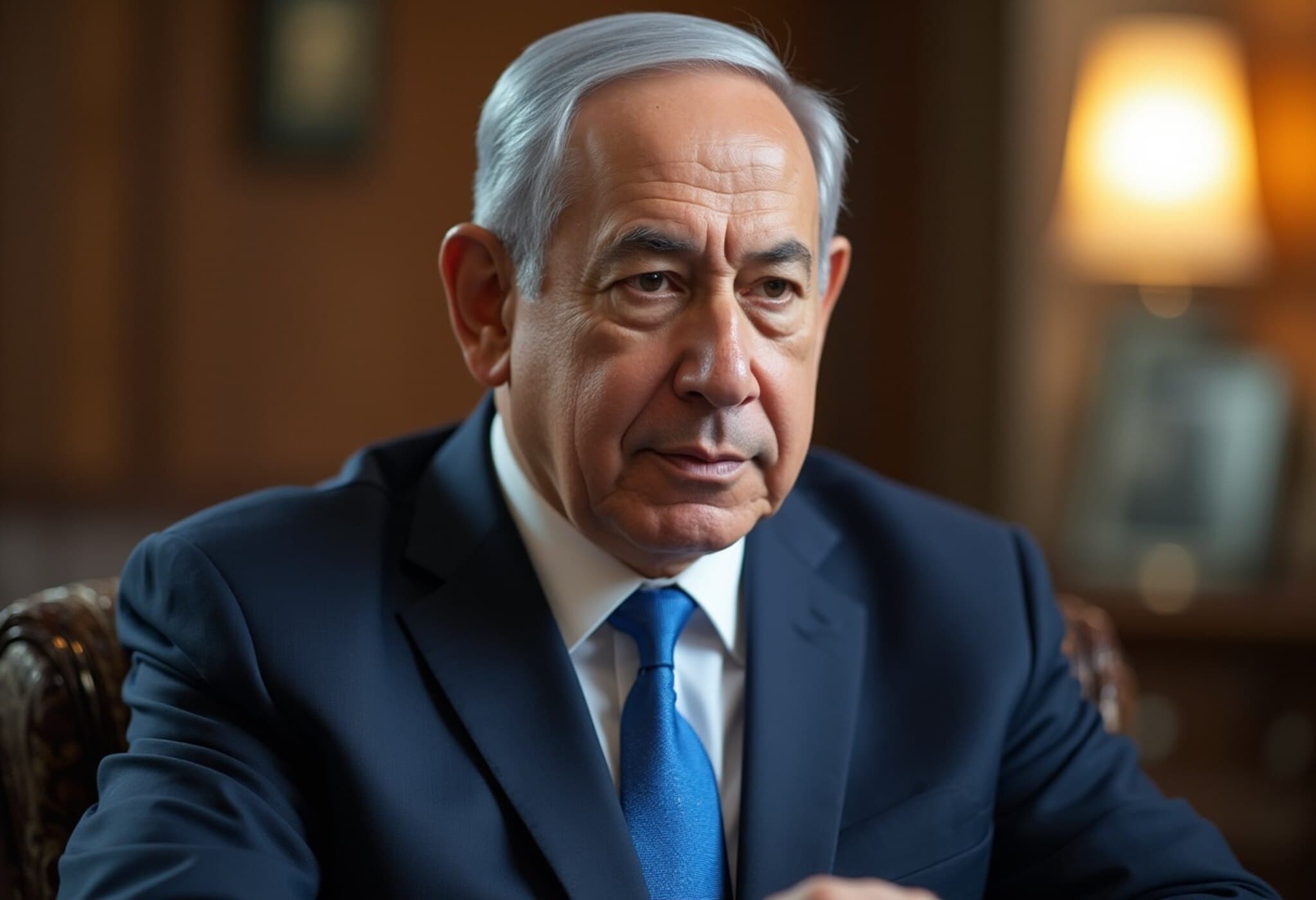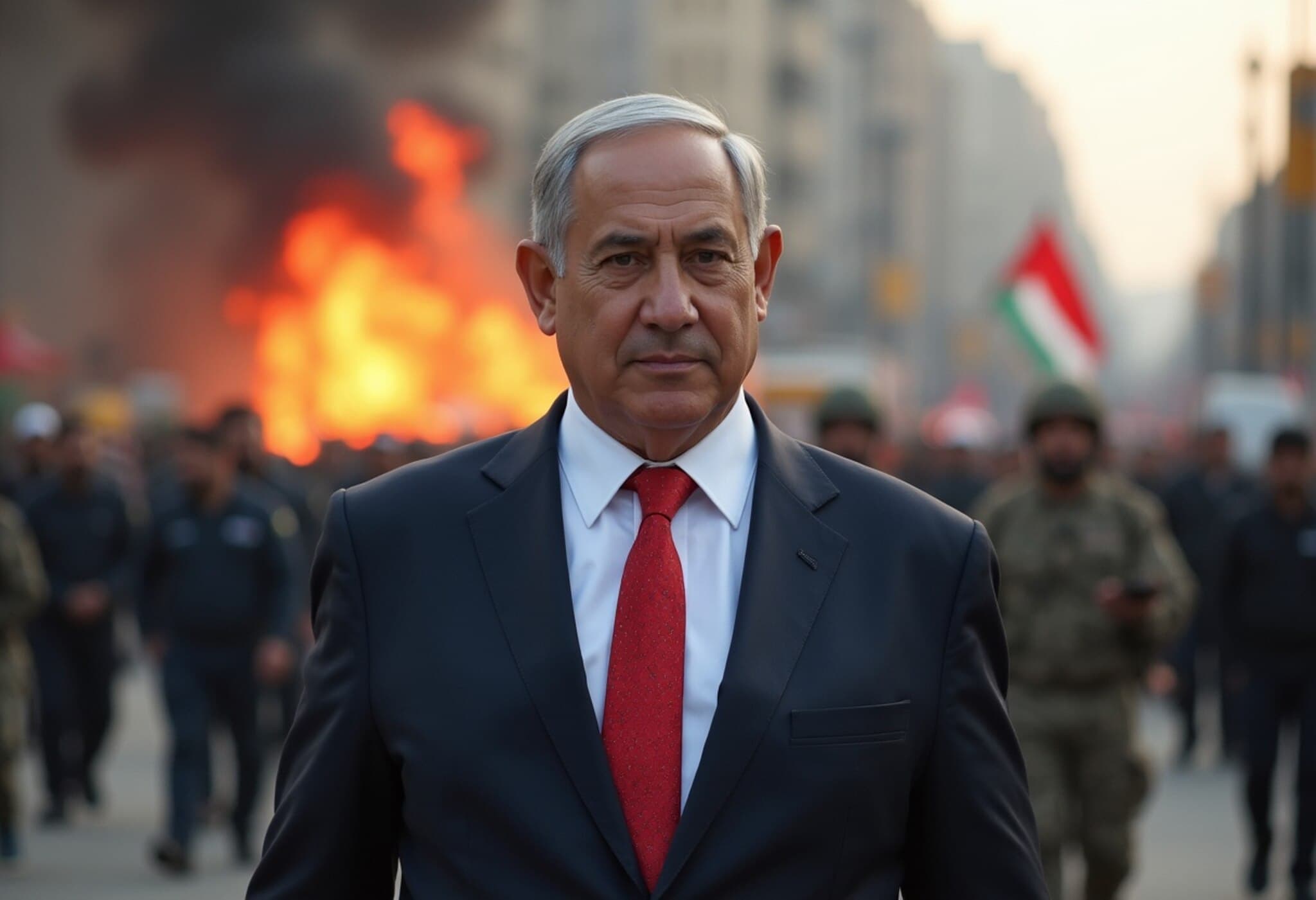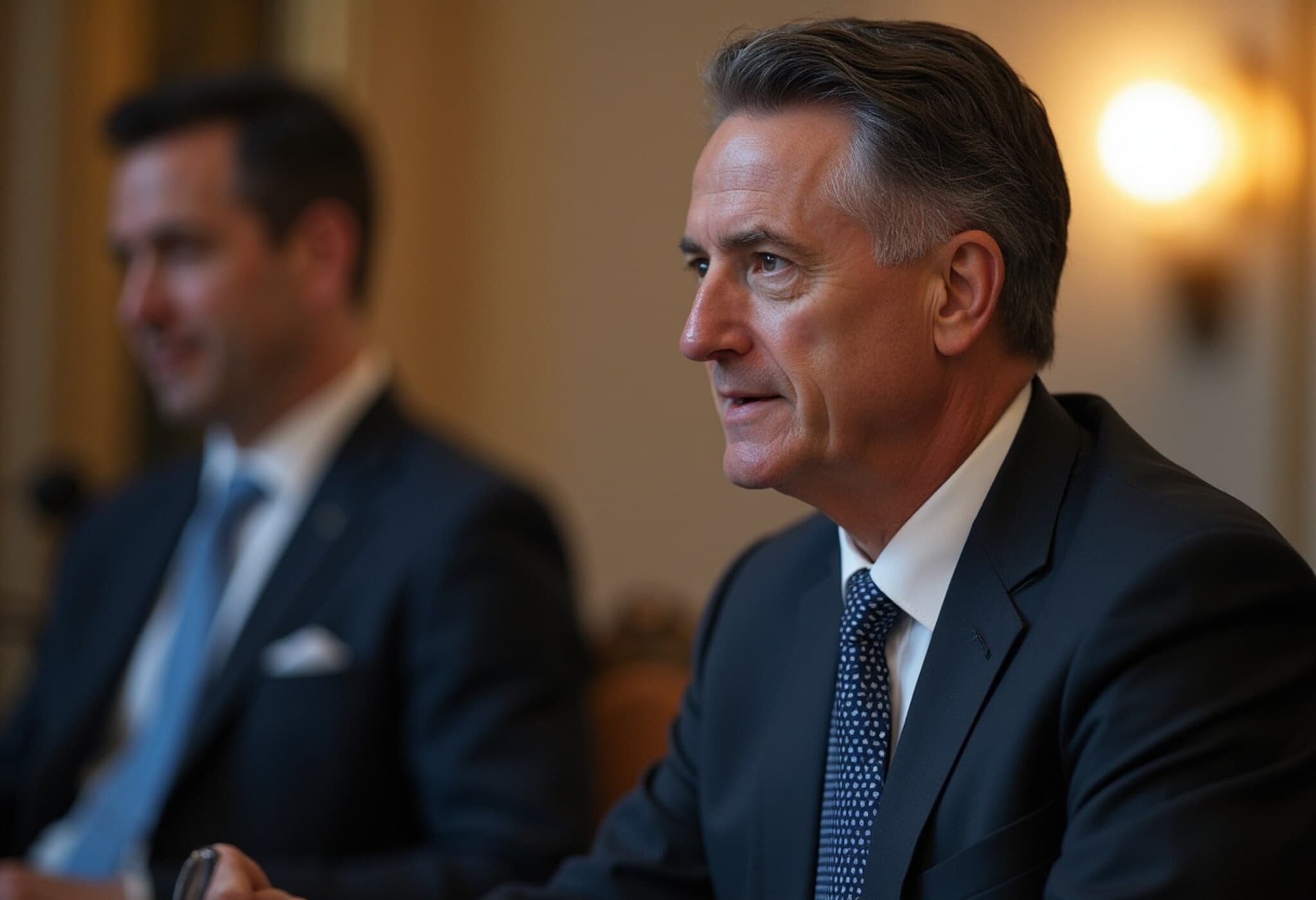Israel’s Security Cabinet Approves Gaza City Takeover Plan
In a bold and contentious move, Israel’s Security Cabinet has given the green light to a plan that would see the complete seizure of Gaza City. Prime Minister Benjamin Netanyahu declared that Israel aims to retake the entire Gaza Strip from Hamas control before eventually transferring governance to allied Arab forces. This decision marks a significant escalation in the ongoing conflict, which has raged since Hamas’s October 7, 2023, attack.
The impact on Gaza’s 2 million residents has been catastrophic: tens of thousands have perished, infrastructure lies in ruins, and many face imminent famine amid a crippling blockade and severe shortages of medical supplies. The emotional toll is evident, with scenes such as Raed Salem Aslyieh grieving the loss of his son after an Israeli strike that tragically killed other family members amidst these shortages.
International Community Voices Alarm and Opposition
United States Maintains Stance Against Palestinian State Recognition
During discussions with UK Foreign Secretary David Lammy, US Vice President JD Vance reaffirmed Washington’s refusal to recognize a Palestinian state at this time. According to The Guardian, the US prioritizes preventing further attacks on Israeli civilians by Hamas and addressing the deepening humanitarian crisis in Gaza. This position underscores the delicate balance Washington seeks amid growing international pressure.
China Calls for Immediate Ceasefire and Supports Palestinian Claims
China expressed “serious concerns” regarding the takeover plan, emphasizing that “Gaza belongs to the Palestinian people,” as reported by AFP. Beijing has called for an immediate ceasefire, stressing the need for de-escalation to prevent further human suffering.
Warnings from the United Nations and Hamas
The United Nations has cautioned that the proposed escalation risks triggering massive forced displacement, widespread casualties, and further destruction. UN Human Rights Chief Volker Turk highlighted that this plan contradicts lawful imperatives for Israel to end occupation swiftly and warned against the potential for increased atrocities. Meanwhile, Hamas condemned the decision as a “declaration of war,” accusing Israel of disregarding the fate of hostages still held in Gaza.
Germany Suspends Arms Exports Amid Ethical Concerns
Drawing a clear line, German Chancellor Friedrich Merz announced a halt to all military exports to Israel that could be used in Gaza operations, signaling a shift in Berlin’s approach after decades of support. While affirming Israel’s right to self-defense, Merz emphasized the urgency of ceasefire negotiations and the exclusion of Hamas from Gaza’s future governance. Former Israeli ambassador Jeremy Issacharoff noted the gravity of Germany’s decision for Israel’s strategic alliances.
European Union Highlights Potential Strain on EU-Israel Relations
EU Council President Antonio Costa acknowledged the terror wrought by Hamas’s October 7 attack but warned that Israel’s new strategy breaches a recent EU agreement and could endanger diplomatic ties. The EU leader underscored the potential for deepening Gaza’s humanitarian disaster if the plan proceeds unchecked.
Canada, France, UK, Spain, Denmark, and Jordan Join Chorus of Criticism
- Canada: Prime Minister Mark Carney denounced the plan as “wrong” and a risk to hostage safety.
- France: Foreign Minister Jean-Noël Barrot called the operation “strongly condemnable,” fearing a worsening humanitarian crisis without hostage liberation.
- United Kingdom: Prime Minister Keir Starmer urged Israel to reverse course, with criticism rising domestically about the UK’s continuing arms sales to Israel.
- Spain & Denmark: Senior officials warned the plan would only bring more suffering and destruction.
- Jordan: Marked a stark condemnation reflecting deeply frayed ties, recalling ambassadors and advocating for an arms embargo.
Middle Eastern Voices: Saudi Arabia and Turkey Denounce the Takeover
Saudi Arabia’s Foreign Ministry vehemently rejected the plan, accusing Israel of “ethnic cleansing” and “starvation crimes.” Turkey echoed these concerns and has called on the United Nations Security Council to intervene urgently.
Contextual Insight: Regional Dynamics and the Broader Implications
This latest Israeli initiative cannot be understood in isolation. It unfolds against the backdrop of decades-long Israeli-Palestinian tensions, shifting alliances in the Middle East, and global debates about sovereignty, security, and human rights. The plan’s promise to “hand over” Gaza to friendly Arab states may signify attempts to regionalize the conflict, complicating prospects for peaceful resolution.
Economically, the ongoing conflict continues to devastate Gaza’s infrastructure, complicating humanitarian aid delivery and threatening regional stability. Legally, questions arise regarding international law, occupation, and the rights of civilian populations amidst military operations.
Critical Questions Moving Forward
- How will transferring governance to friendly Arab forces reshape Gaza’s political landscape and the broader Israeli-Arab relations?
- What mechanisms exist to protect innocent civilians amid increased military operations, and how is the international community enforcing them?
- Could renewed diplomatic efforts focus on sustainable peace rather than military escalation?
Editor’s Note
The international uproar surrounding Israel’s approved plan to seize Gaza City reveals deep fractures in global consensus on the Israeli-Palestinian conflict. While Israel asserts security imperatives, the world watches the human toll and geopolitical ramifications unfold. This moment demands rigorous scrutiny of the humanitarian consequences, legal frameworks, and long-term strategies for peace. Readers are encouraged to reflect on implications beyond headlines—the enduring quest for justice, security, and dignity in one of the world’s most volatile regions.
Stay informed with ongoing coverage as situations evolve.

